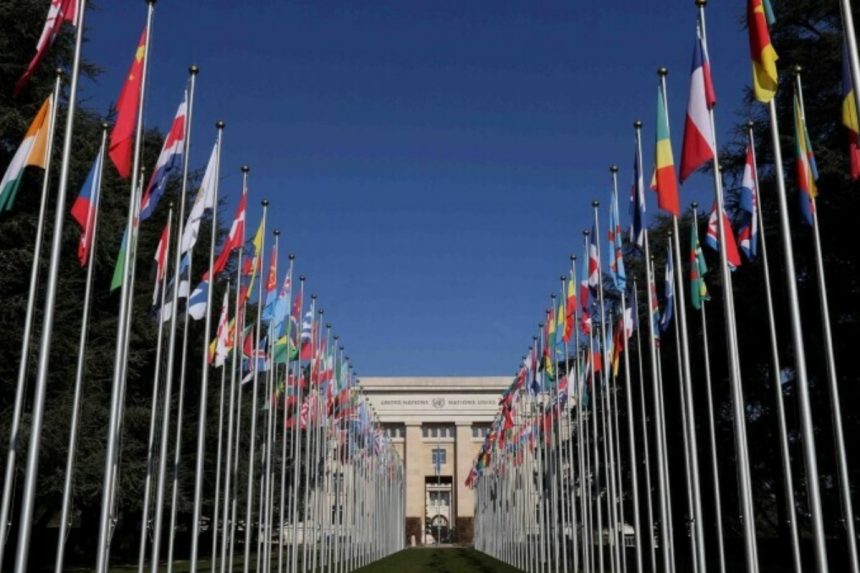- Resolution calls for UN rights chief report and review of laws to prevent.
- US and EU oppose resolution, citing conflicts with human rights and freedom of expression.
- Outcome represents a defeat for Western countries as OIC gains influence in the Human Rights Council.
The United Nations Human Rights Council has given its approval to a controversial resolution concerning religious hatred following the desecration of the Holy Quran in Sweden. The incident, which took place in Stockholm last month, drew strong condemnation from various Muslim nations, including Pakistan, the Organisation of Islamic Cooperation (OIC), the European Union, Pope Francis, and the Swedish government. Pakistan, on behalf of the 57-nation OIC, introduced the resolution, which calls for the UN rights chief to publish a report on religious hatred and for states to review their laws and address any gaps that may hinder the prevention and prosecution of such acts and advocacy.
However, the United States and the European Union voiced strong opposition to the resolution, arguing that it clashes with their stance on human rights and freedom of expression. While condemning the desecration of the Holy Quran, they contended that the OIC initiative is primarily aimed at protecting religious symbols rather than upholding human rights.
The desecration of the Holy Quran in Sweden was carried out by an Iraqi immigrant near a mosque in Stockholm. The incident sparked outrage throughout the Muslim world, prompting Muslim states to demand action in response.
The outcome of the vote represents a significant setback for Western nations, as the OIC currently holds considerable influence within the Human Rights Council, the sole governmental body dedicated to safeguarding human rights on a global scale.
In the voting process, 28 countries voted in favor of the resolution, while 12 countries opposed it, and seven countries abstained. Some representatives from various nations applauded the passage of the resolution.
The approved resolution highlights the ongoing tension and divergent perspectives regarding the balance between protecting religious symbols and upholding freedom of expression and human rights. The resolution’s adoption marks a notable development within the Human Rights Council and may have broader implications for future discussions on similar topics.



